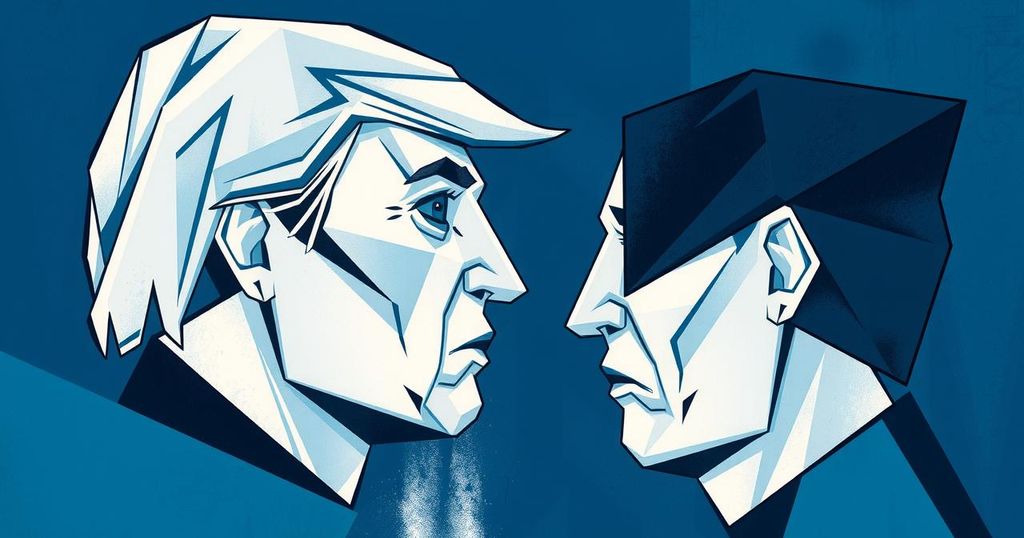The Influence of Social Media On Governance: A Dual Perspective
The article discusses the challenges faced by the Pakistani government in controlling social media narratives, especially against opposition parties like PTI, juxtaposed with Musk’s controversial role on Twitter. It highlights the need for regulatory frameworks to safeguard democratic integrity in both Pakistan and Europe amidst the powerful influence of social media.
The unregulated expanse of social media presents a duality experienced by the Pakistani government and established European democracies alike, notably the United Kingdom and Germany. The acquisition of Twitter by Elon Musk, rebranded as X, sparked debates regarding its value, with experts fearing a potential financial disaster. However, the immense reach and influence he has garnered through this platform underscore the profound power of social media in shaping narratives, particularly in politically charged environments.
In Pakistan, the hybrid government’s stringent control over traditional media has not extended effectively to social media, where opposition parties, particularly the Pakistan Tehreek-e-Insaf (PTI) led by Imran Khan, thrive. This discrepancy in media manipulation highlights the government’s struggle to counter the PTI’s influence, evident in electoral outcomes. The hybrid administration’s lack of sophistication in media policy has hampered its efforts to control dissenting narratives.
Simultaneously, Musk’s recent engagements on social media have illustrated both the potential and perils of such platforms. His advocacy for H-1B visas attracted significant controversy, diverging from the staunch anti-immigration stance prevalent among Republican circles. Musk’s provocative remarks regarding immigration and purported inaction on child grooming cases involving British-Pakistani individuals generated considerable backlash, inadvertently directing attention away from his other contentious initiatives.
Moreover, by aligning with far-right ideologies in Europe and making inflammatory comments, Musk compels discussions on the necessity for social media regulations to maintain democratic integrity. Such instances reveal the challenging landscape of modern governance amid the rapid evolution of social media, where the manipulation of public opinion poses a substantial threat to democratic institutions.
Ultimately, the future of democratic discourse may hinge on the efficacy of social media management and the capacity of platforms to regulate manipulative narratives. Without thoughtful oversight, the very fabric of democracy faces existential risks.
The article explores the intersection of social media, politics, and governance within the context of both Pakistan and Western democracies. It delineates how Elon Musk’s acquisition of Twitter has shifted the dynamics of political influence and public discourse. In Pakistan, the government struggles with the rise of social media as a tool for opposition parties, mainly the PTI, undermining attempts to control traditional media narratives. Conversely, Musk’s polarizing presence on social media has sparked varying international reactions, thereby raising questions about the regulatory frameworks necessary to preserve democratic integrity.
In conclusion, the article illustrates the complex dynamics of social media’s role in modern political landscapes, particularly highlighting the challenges faced by prevailing governments against emerging narratives from opposition entities. Elon Musk’s impactful presence further complicates this terrain as it invites scrutiny on social media governance. The necessity for effective regulatory measures has never been more pressing, lest the integrity of democratic processes be compromised by unchecked influence and misinformation.
Original Source: www.dawn.com




Post Comment